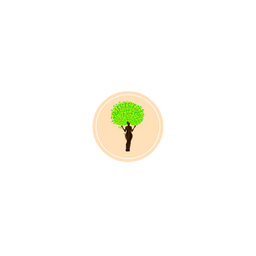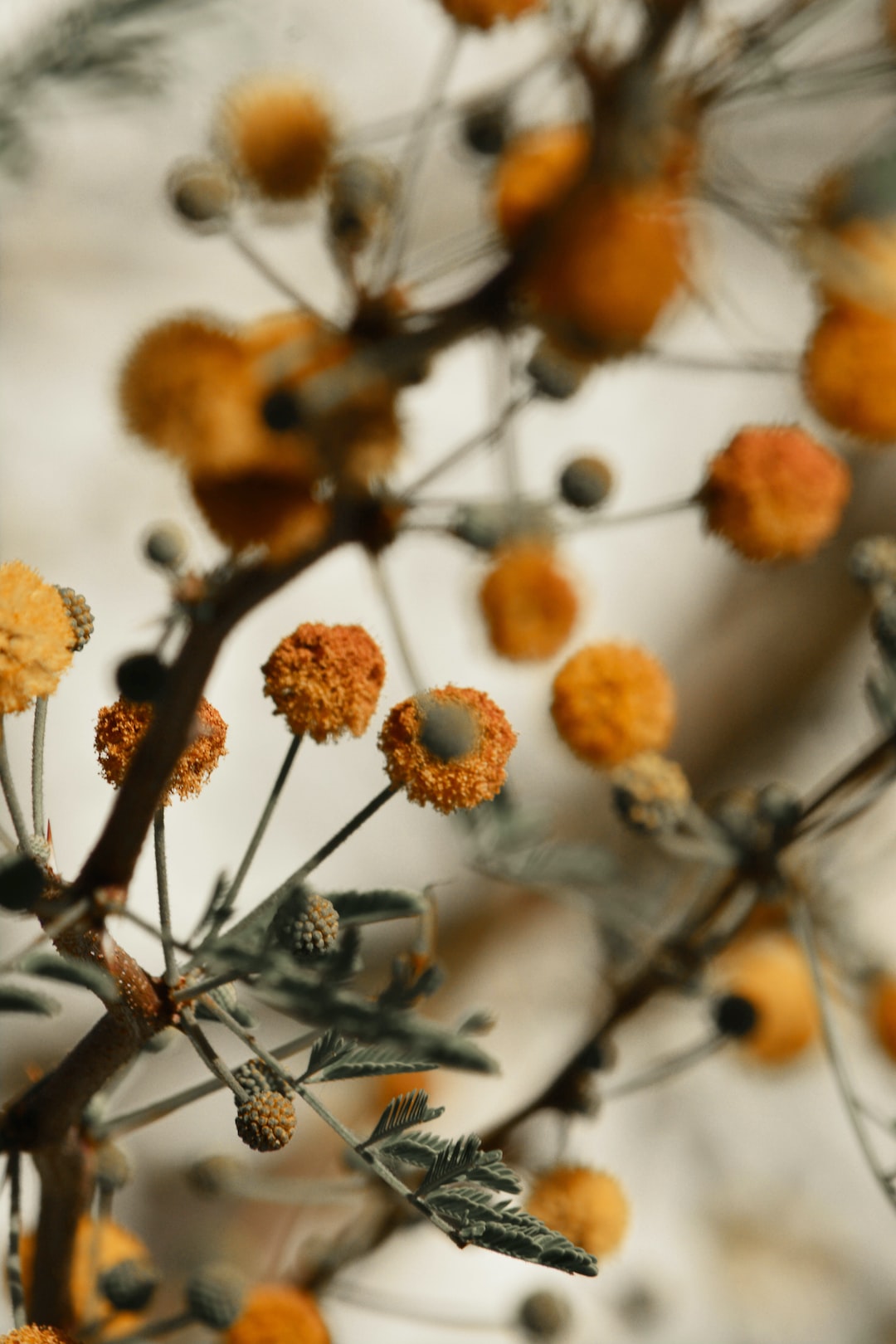For centuries, African traditional medicine has played a significant role in the health and well-being of communities across the continent. Rooted in ancient wisdom and passed down through generations, these traditional healing practices continue to thrive today, offering a holistic approach to healthcare that integrates physical, mental, and spiritual well-being. In this blog post, we will explore the rich history and enduring relevance of African traditional medicine, and how it can bridge the gap between past and present.
Ancient Wisdom and Healing Traditions
Africa's diverse culture and traditions have given rise to a vast array of healing practices. From the pyramids of ancient Egypt to the vibrant marketplaces of West Africa, traditional medicine has been an integral part of African society. Drawing on indigenous knowledge, healers in Africa have developed unique and sophisticated methods of diagnosis, treatment, and prevention.
One of the key principles of African traditional medicine is the belief in the interconnectedness of all things. Traditional healers view health as a balance between the physical, spiritual, and social aspects of a person's life. They believe that illness is often caused by an imbalance in these areas and seek to restore harmony through various remedies and rituals.
Knowledge Passed Down through Generations
African traditional medicine is largely an oral tradition, with knowledge and practices being passed down from one generation to the next. This transmission of knowledge is often done within families or apprenticeships, ensuring the preservation of ancient healing techniques.
Traditionally, healers undergo rigorous training and initiation. They learn the various uses of medicinal plants, the art of divination, and how to communicate with the spiritual realm. This deep knowledge, combined with their innate intuition, makes traditional healers highly respected figures in their communities.
The Role of Medicinal Plants
One of the cornerstones of African traditional medicine is the use of medicinal plants. Africa is home to a vast array of diverse ecosystems, which have given rise to an incredible diversity of plant species, many of which have medicinal properties.
These plants are used to treat a wide range of ailments, from common colds and digestive issues to more complex conditions like malaria and HIV/AIDS. Traditional healers have an intricate knowledge of the properties and uses of different plants, often combining them to create powerful remedies.
The Importance of Ritual and Ceremony
Rituals play a central role in African traditional medicine. They act as a conduit for connecting with the spiritual realm and invoking the healing powers of ancestors and deities. Rituals can take many forms, including ceremonies, prayers, dance, and offerings.
These rituals not only address the physical symptoms of illness but also address the underlying spiritual and emotional aspects. They provide a holistic approach to healing, aiming to restore harmony and balance in a person's life.
The Relevance of African Traditional Medicine Today
While modern medicine has made significant advancements in the treatment of diseases, African traditional medicine remains highly relevant, particularly in rural and marginalized communities where access to western healthcare is limited.
There is growing recognition of the importance of traditional medicine in African society. Governments and organizations are beginning to collaborate with traditional healers, acknowledging their role and incorporating their knowledge into national healthcare policies and programs.
Closing the Gap: The Power of Integration
As we move forward, there is a tremendous opportunity to bridge the gap between traditional and modern medicine. Rather than viewing them as conflicting approaches, integration can lead to a more comprehensive and holistic healthcare system.
By combining the strengths of both traditional and modern medicine, we can harness the power of ancient wisdom and scientific advancements. This integration can result in improved patient outcomes, increased accessibility to healthcare, and a greater appreciation for the rich cultural heritage of African traditional medicine.
The Future of African Traditional Medicine
African traditional medicine holds immense potential as a complementary and alternative healthcare system. As we continue to learn from the wisdom of the past, it is essential to support ongoing research and documentation of traditional healing practices.
Through education and cultural exchange, we can celebrate and preserve the diverse healing traditions of Africa. By doing so, we honor the contributions of traditional healers, empower local communities, and ensure a healthier, more inclusive future for all.
Embracing Ancient Wisdom for a Healthier Future
African traditional medicine serves as a bridge between past and present, connecting us to our roots and reminding us of the profound wisdom in ancient healing traditions. By embracing and integrating these practices into our modern lives, we can create a more balanced and holistic approach to health and well-being.
Whether it's through the use of medicinal plants, the power of ritual and ceremony, or the wisdom of traditional healers, African traditional medicine offers a unique perspective that can enrich our understanding of health and healing. Let us honor and celebrate the richness of this ancient practice, and together, build a future that embraces the best of both worlds.


